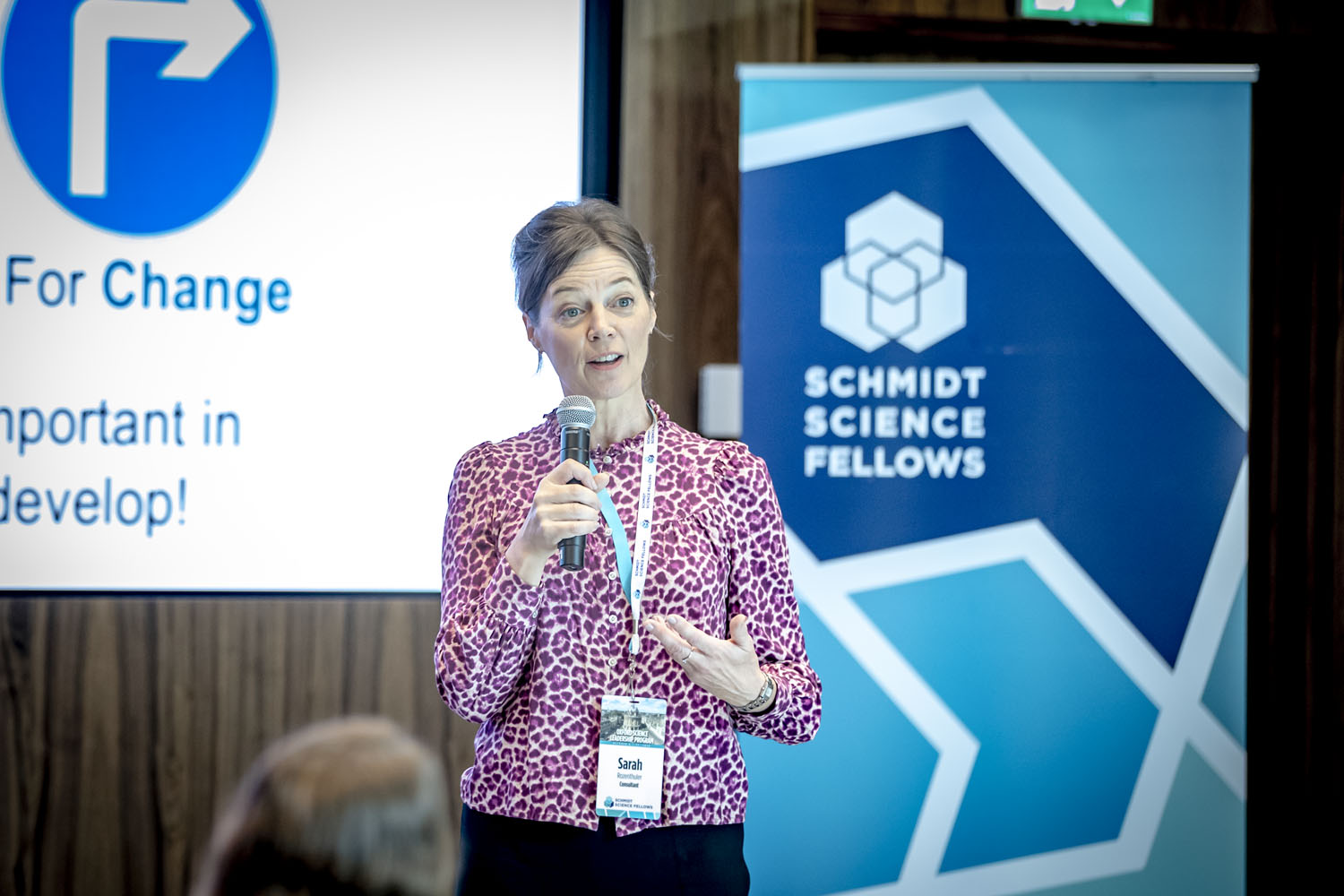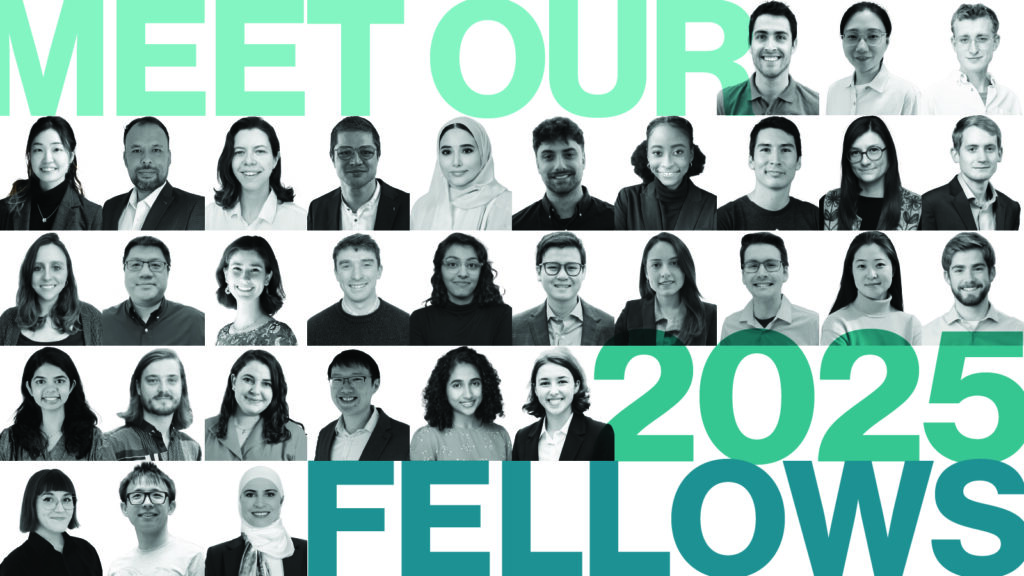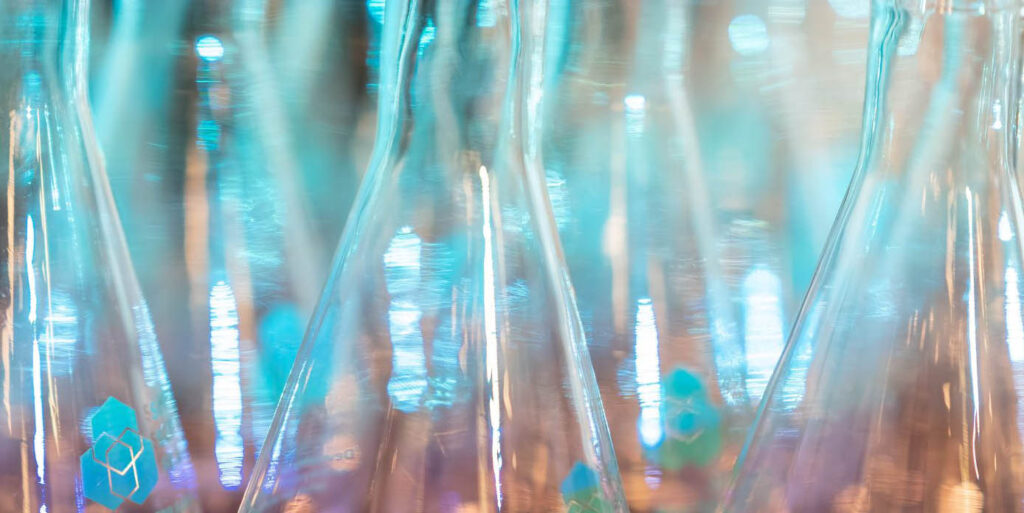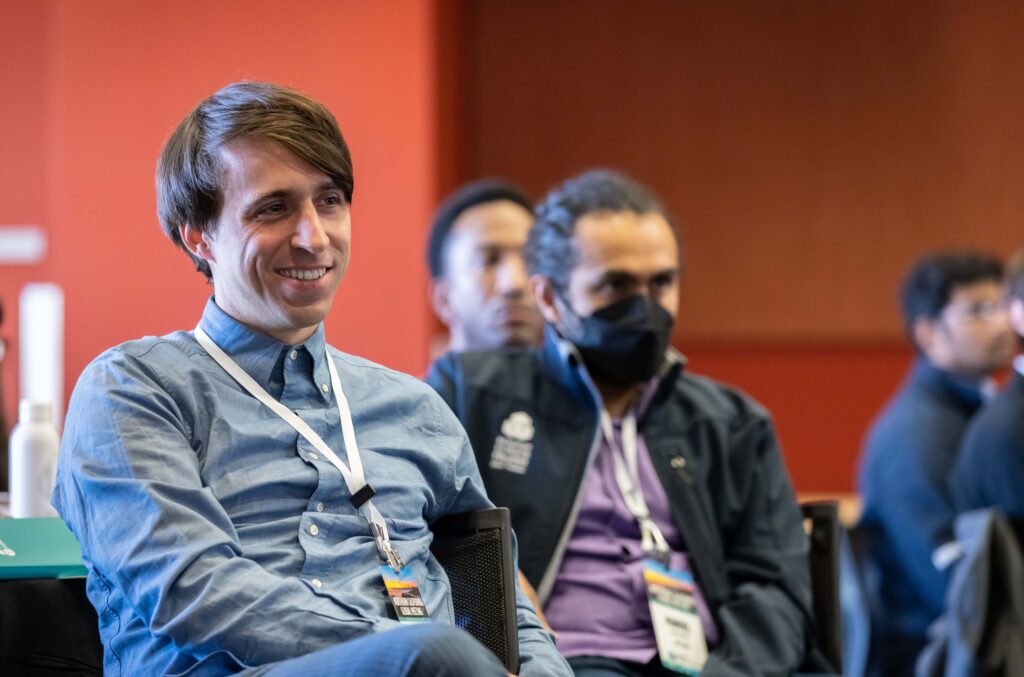In our latest INSIGHT article, chartered psychologist, leadership consultant, and author Sarah Rozenthuler explores the role of dialogue in unlocking understanding, creating collaborations, and advancing discovery. She is a regular contributor to our Science Leadership Program.
Making Dialogue Matter
SARAH ROZENTHULER
For scientists, the collaborative energy of dialogue is invaluable. Dialogue creates the bridge between disciplines and can catalyze new thinking.
By creating an environment of curiosity, dialogue becomes essential for advancing knowledge and addressing global challenges. It moves us beyond disciplinary jargon and silos to a place where interdisciplinary science and innovation can truly thrive.
Dialogue is more than just a form of communication—it’s a critical tool for scientific progress. As David Bohm, the physicist, once said, “Real dialogue is where two or more people become willing to suspend their certainty in each other’s presence.”
For scientists, mastering the art of dialogue unlocks the potential for deeper understanding and fosters collaboration that leads to groundbreaking discoveries.
In today’s fast-paced world, the importance of conversation often goes unnoticed, but the quality of our conversations plays a pivotal role.
Scientists thrive through exploration and collaboration, and dialogue provides the fertile ground where ideas can converge, evolve, and flourish.
Working with the Schmidt Science Fellows as part of its Science Leadership Program, I have experienced this firsthand. Dialogue is perhaps the essential building block of ensuring interdisciplinary science can be fostered and can thrive.
In my book How to Have Meaningful Conversations, I discuss how the field of complex systems science emerged from interdisciplinary conversations between biologists, economists, and meteorologists. These scientists realized that the complex systems they studied—whether an ant colony, the stock market, or a weather front—shared characteristics. The very notion of systems operating at the ‘edge of chaos’ was born out of these dialogues, not merely as exchanges of ideas but as collective thinking and understanding. Concepts like ‘bounded instability’ emerged, accelerating scientific evolution through the synergy of minds.
What Dialogue Is
To understand dialogue, it’s helpful to look at what it is not. Not every verbal exchange qualifies as a dialogue. Dialogue allows scientists to tap into collective intelligence, creating new insights and fresh possibilities. The Conversation Continuum helps us see the range of interactions, from simple monologues to the complex skill of true dialogue.
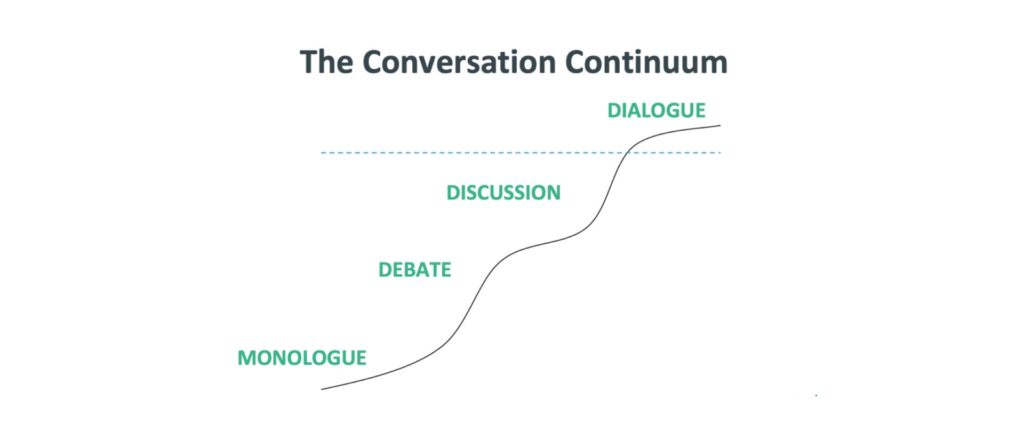
At the base of the continuum is monologue, where one person speaks and the rest listen. This can be effective for delivering information but lacks engagement. Next is debate, a more energized interaction where one asserts a point, and the other counters it. Though stimulating, debates can easily become focused on winning rather than advancing understanding.
The next step, discussion, emphasizes individual perspectives. While useful for decision-making on straightforward issues, discussions often become fragmented when dealing with complex or controversial topics. Participants may leave these conversations feeling unsettled, without a clear way forward.
At the top of the continuum is dialogue—a conversation where participants think together to build shared understanding. Dialogue is generative and expansive. It calls for participants to cross a threshold (represented by the line on the diagram) into an expanded skillset and mindset. Deeper listening, authentic speaking and suspending certainty enable people to move beyond entrenched positions. Dialogue fosters coherence, creativity, and new possibilities for collaborative action.
Why Dialogue Matters
Dialogue distinguishes itself by encouraging reflection and inclusivity. As Bohm stated, in dialogue, “nobody is trying to win.” Instead, it promotes understanding and intellectual curiosity. It allows participants to see the bigger picture, transcending personal perspectives and generating insights that couldn’t be achieved alone.
Sarah Rozenthuler is a chartered psychologist, leadership consultant, dialogue coach and author. She founded Bridgework in 2007 to strengthen leadership by engaging and energising people around great work.
Our Science Leadership Program (SLP) is at the core of the Fellowship experience. It supports our Fellows to develop the skills, experience, and networks necessary to become the next generation of science leaders, building a global community to enrich and amplify their work.
